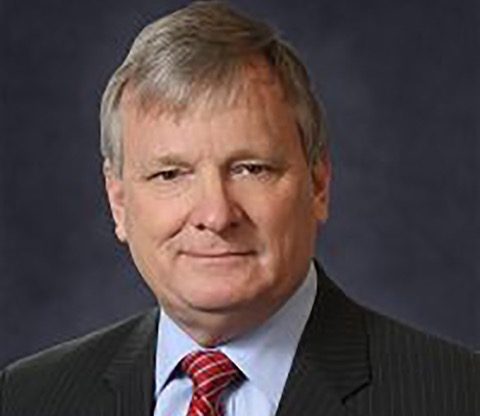North Carolina State Treasurer Dale Folwell would like to find out the cost of the health care the state is providing to over 727,000 employees and their dependents.
Most everyone who has ever look at a bill for any kind of medical care in the past ten years has been mystified by what it means.
Folwell who has been put in charge of the state healthcare system seems to be asking a reasonable question, why is the state being charged whatever it is being charged for medical procedures. Most people don’t think they have the clout to go head to head with the health care industry. Folwell thinks by spending more than $3.3 billion a year on health care the state does and he has proposed a major change to the way the state pays for medical care. He calls it the Clear Pricing Project.
The current system appears to be that the health care providers charges whatever they want and since they won’t let the person paying the bill, Folwell, see the bill, he has no ability to question those costs. Certainly mistakes are made, but how would anyone know, since no one is allowed to see the actual bill.
What Folwell plans to do is base the amount paid on what Medicare pays and his proposal is for the state to pay and average of 77 percent more than Medicare. This gives the state a cost basis.
But the hospitals don’t like the idea of having some controls put on what they charge and now the legislature has become involved. State House Bill 184 which was making it’s way through the House committees, would stop Folwell from implementing the Clear Pricing Project, in 2020 as he planned.
Folwell said, “The Clear Pricing Project pushes the power away from us and down to the consumer.” He said his plan would result in savings of about $60 million the first year.
Folwell said that on the downside, “If we are not successful this plan is insolvent.” He said the funding from the General Assembly was going up 4 percent a year but health care costs were going up much higher than that.
As elected bodies like to do, House Bill would appoint a committee to study the issue and then probably have three or four subcommittees to study the sub-issues and with any luck at all the legislature can get the whole reform put on hold until after the election in 2020.
By the way it is no small amount of money, under the current system the state healthcare system represents a $32 billion unfunded mandate.
The good news from Raleigh is that there is no companion bill in the state Senate. It doesn’t mean that the Senate might not pass some kind of bill, but it does indicate that right now the state House and the state Senate are not on the same page when it comes to the state healthcare plan.
The House can of course pass anything it wants and it will have absolutely no effect unless the Senate agrees.
It’s hard to see why Folwell should not at the very least be able to find out what the state is paying for when it receives a bill for a medical procedure. In fact it seems like something we should all be able to find out.

